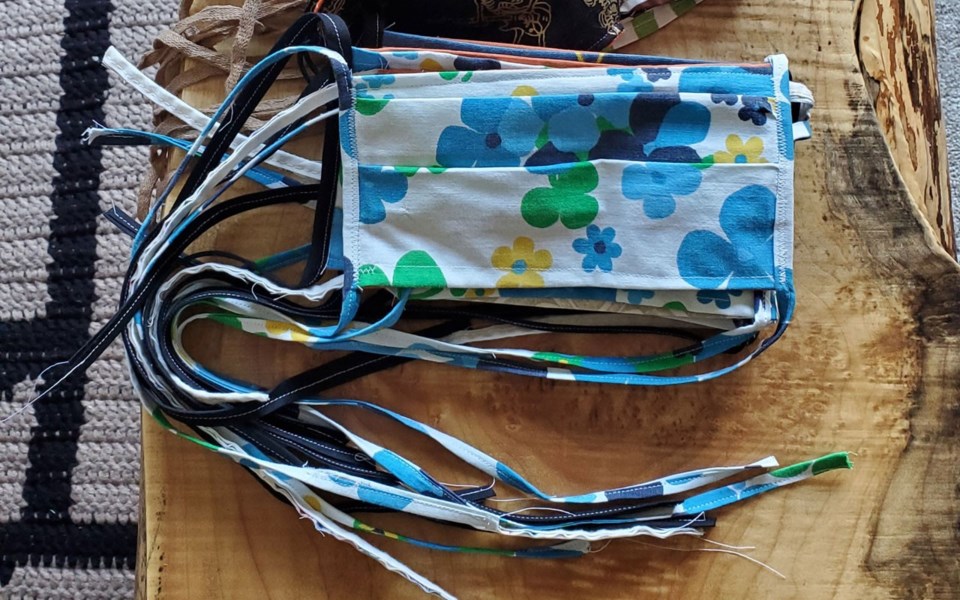Three Quest University professors have launched new resources specific to Sea to Sky residents looking for science-based information and local help during the COVID-19 pandemic.
Dr. tobias c. van Veen, a visiting professor in humanities with a background in activism and organizing, first reached out to his colleagues Dr. John Reid-Hresko, a sociology tutor who studies the culture around epidemiology, and Dr. Negar Elmieh, an epidemiologist who studies science communication, when self-isolating first started about three weeks ago.
His idea: to launch The Quest University COVID-19 Working Group, a blog for which they would serve as editors and both curate a list of academic research (which is up now) and host the rapid publication of short, peer-reviewed articles and thinkpieces (soon to be added) distilled through a local lens. The other component of his idea was to moderate and run a Facebook group called Sea-to-Sky COVID-19 Mutual Aid Network to offer reliable, up-to-date information and resource sharing in the community.
"This is outreach work," van Veen said. "I see this as part of my own personal, political, and ethical commitment to the community."
One example of the roles he sees these resources playing is the back-and-forth debate around the use of masks.
"We're going to have a post soon that discusses mask use and how best to use masks," he said. "Things like masks have changed so rapidly in the last two weeks. We've gone from debating whether to use them to researching how to make masks and wear them. I've been studying what's been coming out of China and South Korea, and their health experts have been telling the West to use masks for weeks now. From a communications perspective, I've been tracking the slow response of the West to that information ... Our response has to be rapid, and most of the rapid response work we're doing is through the Facebook group, providing health, science and financial aid information in the Sea to Sky, helping to promote fundraising for medical equipment, and coordinating projects like mask-making."
The effort is not a critique of Dr. Theresa Tam, Canada's top medical health officer, or Dr. Bonnie Henry, B.C.'s provincial health officer, van Veen said. Rather, he's looking at the role good communication and transparency play in conveying clear messaging to the public.
"Often a scientist will have a certain desired outcome, and we trust the scientist for the outcome, but their messaging might not produce that outcome because they're not necessarily trained at communicating to a diverse public," van Veen said. "No one knew what social distancing meant, and so it produced the opposite result, with folks gathering in parks. It's an abstract concept that has no content to it. You need to tell people very clearly a directive. It needs to be put in positive terms, like 'stay at home, and only go out for groceries once a week' and 'only play with folks in your own household.' Everyone understands what that means."
Another role the Facebook group is playing is to connect those in need with services. Through it, locals have been offering counselling, free bookkeeping, caregiving, and mask-making tips.
"The positive message here is the community is really coming together," van Veen said. "So many people are helping out. I want to give a shout out to everyone who has been contributing. We should all be really happy where B.C. is at in terms of the curve—so far, so good. Keep it up. Now is not the time to relax on our efforts."
To see the Quest University COVID-19 Working Group, visit covid19blog.questu.ca. For the Facebook group visit facebook.com/groups/SeatoSkyCV19.




